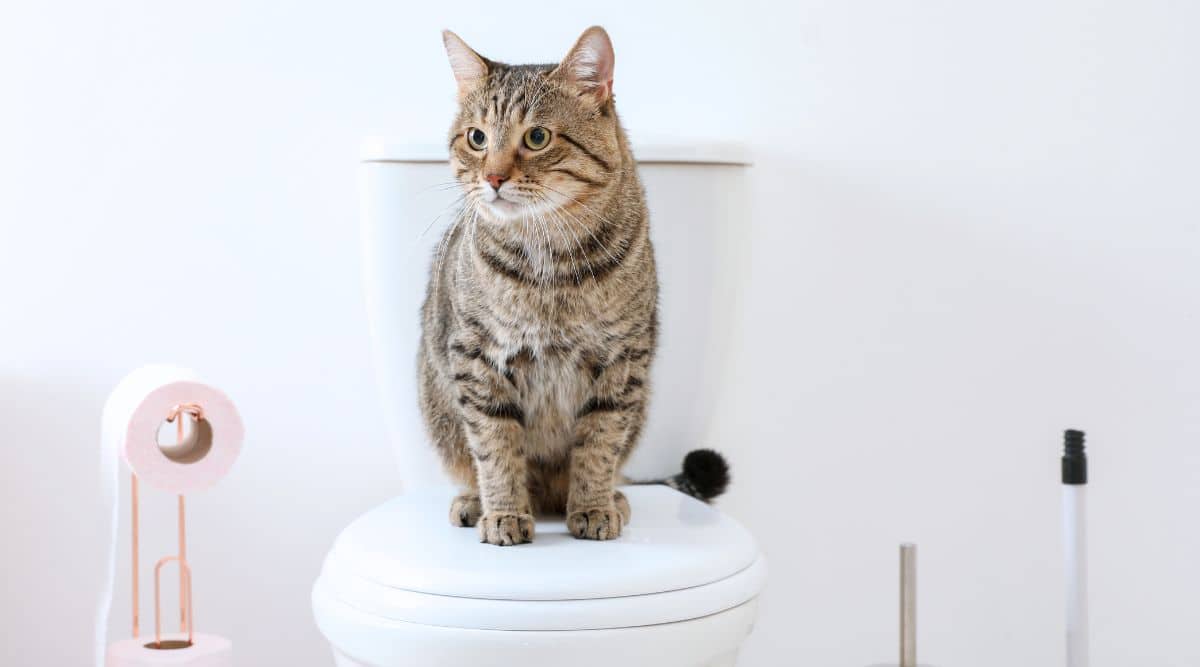Why Flushing Cat Poop Down Your Toilet Isn't a Good Idea - Tips for Safer Handling
Call Us TodayAre you searching for critical info Can You Flush Cat Poo or Litter Down the Toilet??

Intro
As feline owners, it's important to bear in mind how we deal with our feline friends' waste. While it might seem hassle-free to purge cat poop down the commode, this method can have harmful consequences for both the setting and human health.
Alternatives to Flushing
The good news is, there are much safer and more liable ways to take care of feline poop. Consider the complying with alternatives:
1. Scoop and Dispose in Trash
The most common approach of getting rid of cat poop is to scoop it into an eco-friendly bag and throw it in the garbage. Be sure to utilize a dedicated trash inside story and get rid of the waste quickly.
2. Usage Biodegradable Litter
Opt for naturally degradable cat trash made from products such as corn or wheat. These litters are environmentally friendly and can be securely disposed of in the garbage.
3. Hide in the Yard
If you have a yard, take into consideration burying feline waste in a marked area away from veggie yards and water sources. Make sure to dig deep adequate to prevent contamination of groundwater.
4. Set Up a Pet Waste Disposal System
Purchase an animal garbage disposal system especially designed for feline waste. These systems utilize enzymes to break down the waste, lowering odor and environmental effect.
Wellness Risks
Along with environmental issues, purging cat waste can also position health and wellness threats to humans. Pet cat feces may contain Toxoplasma gondii, a parasite that can create toxoplasmosis-- a potentially severe health problem, specifically for expectant females and people with damaged immune systems.
Environmental Impact
Flushing cat poop introduces hazardous microorganisms and parasites right into the water, posturing a substantial threat to aquatic environments. These pollutants can negatively affect marine life and concession water top quality.
Verdict
Accountable family pet ownership prolongs beyond providing food and shelter-- it additionally entails correct waste administration. By avoiding flushing feline poop down the commode and going with different disposal techniques, we can reduce our environmental footprint and shield human wellness.
Why You Should Never Flush Cat Poop Down the Toilet
A rose by any other name might smell as sweet, but not all poop is created equal. Toilets, and our sewage systems, are designed for human excrement, not animal waste. It might seem like it couldn’t hurt to toss cat feces into the loo, but it’s not a good idea to flush cat poop in the toilet.
First and foremost, assuming your cat uses a litter box, any waste is going to have litter on it. And even the smallest amount of litter can wreak havoc on plumbing.
Over time, small amounts build up, filling up your septic system. Most litter sold today is clumping; it is made from a type of clay that hardens when it gets wet. Ever tried to scrape old clumps from the bottom of a litter box? You know just how cement-hard it can get!
Now imagine just a small clump of that stuck in your pipes. A simple de-clogger like Drano isn’t going to cut it. And that means it’s going to cost you big time to fix it.
Parasitic Contamination
Believe it or not, your healthy kitty may be harboring a nasty parasite. Only cats excrete Toxoplasma in their feces. Yet it rarely causes serious health issues in the cats that are infected. Most people will be fine too if infected. Only pregnant women and people with compromised immune systems are at risk. (If you’ve ever heard how women who are expecting are excused from litter cleaning duty, Toxoplasma is why.)
But other animals may have a problem if infected with the parasite. And human water treatment systems aren’t designed to handle it. As a result, the systems don’t remove the parasite before discharging wastewater into local waterways. Fish, shellfish, and other marine life — otters in particular — are susceptible to toxoplasma. If exposed, most will end up with brain damage and many will die.
Depending on the species of fish, they may end up on someone’s fish hook and, ultimately on someone’s dinner plate. If that someone has a chronic illness, they’re at risk.
Skip the Toilet Training
We know there are folks out there who like to toilet train their cats. And we give them props, it takes a lot of work. But thanks to the toxoplasma, it’s not a good idea.

As a serious reader on How to Dispose of Cat Poop and Litter Without Plastic Bags, I thought sharing that portion was a great idea. Loved our content? Please share it. Let someone else check it out. Thanks a lot for going through it.
Book An Estimate Now